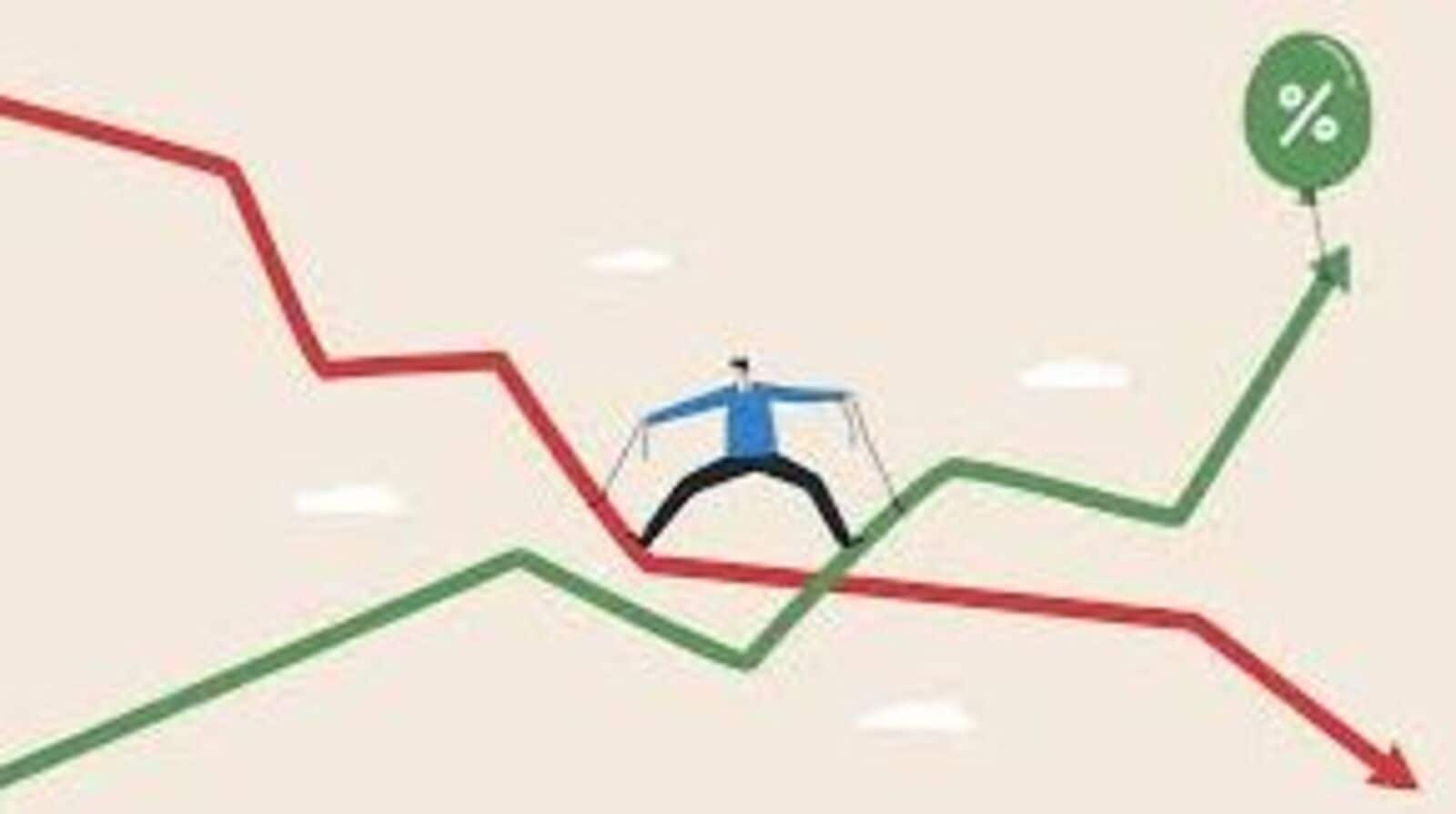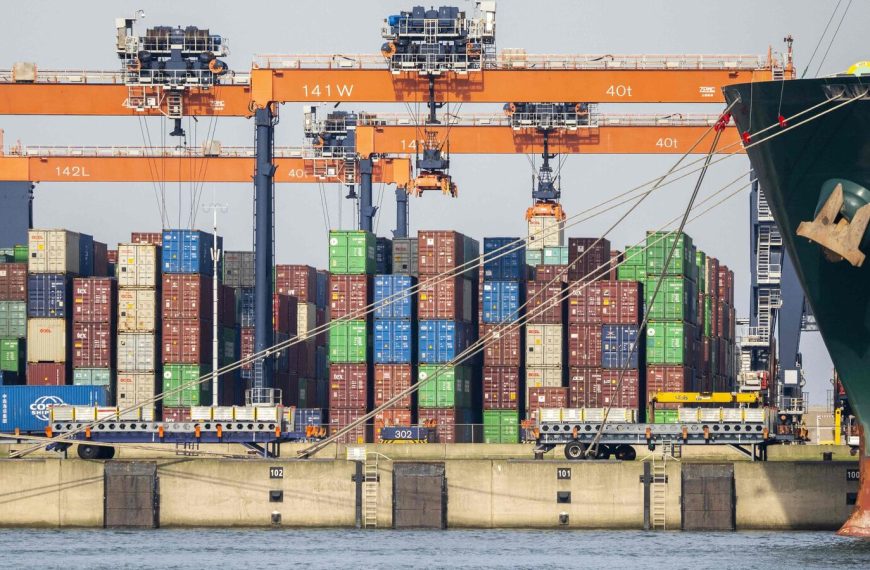The prospect of achieving the 2% inflation target this year appears increasingly attainable, but Bundesbank President Joachim Nagel urges caution amidst ongoing uncertainties. Speaking at a panel in Frankfurt, he shared insights shortly after data indicated that inflation rates in France and Spain fell below expectations for March. This development has sparked optimism for a potential deceleration in inflation across the eurozone when Eurostat releases its preliminary estimates.
Cautious Optimism on Inflation
Nagel expressed that the recent statistics concerning national inflation rates are promising. "The latest figures I’ve encountered regarding inflation in individual countries are encouraging," he noted on Friday. However, he also cautioned against becoming overly optimistic just when success seems within reach, emphasizing a need for prudence amid fluctuating economic conditions.
The Future of Interest Rates
As discussions intensify regarding the future of borrowing costs, especially after six consecutive quarter-point reductions since June, differing opinions among policymakers have emerged. Some members advocate for another reduction in April, given the inflation nearing the target and ongoing economic challenges. Conversely, others are wary, pointing out concerns related to trade disputes and escalating European defense expenditures.
- Market Expectations: Traders have slightly increased their bets on potential ECB rate cuts this year, now anticipating a total of 60 basis points, which translates to two quarter-point reductions and a 40% likelihood of an additional cut.
Nagel has indicated that he remains open to various outcomes for the upcoming policy meeting scheduled for April 17. "When the next meeting is on the agenda, we will assess the data and determine the best course of action," he stated, highlighting his approach of withholding firm expectations at this stage.
Trade Tensions and Economic Impact
The confrontational trade policies stemming from the United States under former President Donald Trump present significant challenges for the European Central Bank (ECB). Speaking in Tallinn, Estonian central bank governor Madis Muller pointed out the complexities arising from potential trade tariffs. He remarked, "If Trump imposes 25% tariffs on all European goods, we must consider what that might mean for European countermeasures."
Such tariffs could negatively affect economic growth, leading to a slowdown in momentum, while also contributing to a slight increase in inflation rates.
In summary, while the path toward achieving the 2% inflation target seems feasible, it is essential for policymakers to navigate this landscape with care and vigilance. The interplay of inflation data, interest rates, and external trade dynamics will be crucial in shaping the economic outlook for the eurozone.











